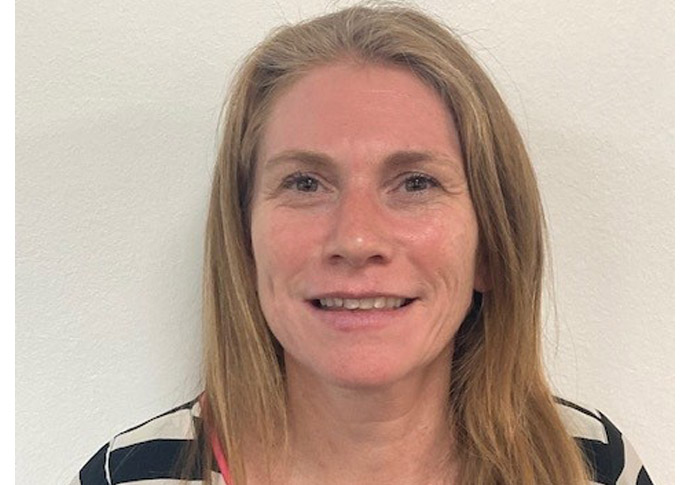Care crisis looms for at-risk children
Fears vulnerable youngsters may be sent to other regions due to foster shortage
Friday, 6th May 2022 — By Charlotte Chambers

Laura Eden: ‘We have a foster care crisis where we do not have enough foster carers, and that’s where it becomes dangerous for siblings’
ISLINGTON’S foster care chief has warned more carers of vulnerable children are needed to avert a crisis where siblings in care will have to be separated or moved to different parts of the country.
Laura Eden, Islington’s director of Safeguarding and Family Support, said she was concerned not enough foster carers were signing up for the role and, as a result, there were not enough homes to take in at-risk children.
There are 380 children on Islington’s books and only 107 approved foster homes. She said up to 70 more foster carers were needed – and called on people who are interested, but worry they either don’t have enough space or experience, to call the council to discuss their options.
She also blamed a shortage of carers on a lack of awareness about the role and called for a national campaign to highlight their importance and how rewarding it can be – citing how one young man went on to study at Oxford University with the support of his foster carer.
She warned that without a greater understanding of the role, fewer and fewer people would sign up and more sibling groups could be separated.
Speaking before the launch of Foster Care Fortnight, which starts on Monday, Ms Eden said: “We have a foster care crisis where we do not have enough foster carers, and that’s where it becomes dangerous for siblings – because what if I didn’t have the opportunity of someone to take the sibling group? I’d be left with separating, and nationally we are going to in the very near future reach that crisis.
“There are more children living in deprivation, there’s the stress on families [with the cost of living] which is more likely to lead to mental health difficulties and neglect, and more children are coming into care – we’re not there yet but could potentially be there soon.”
Ms Eden said that while 60 per cent of the children in their care are in foster placements within the borough or less than eight miles away, 40 per cent of children have been sent further afield.
Often this is done to keep sibling groups together, as is the practice in Islington. However, as a local authority they are in the minority. A series of BBC Freedom of Information requests to more than 200 councils revealed that more than half of sibling groups in care nationally were split from their brothers and sisters. Year on year, both nationally and here in Islington, the numbers of children in care are rising.
Ms Eden warned that this crisis will worsen – and potentially force Islington siblings to be separated – if people don’t step forward to open their homes.
Describing the experiences of children fostered further away, Ms Eden said: “Some are [sent to] Kent and Essex – or miles up north.
“They’re far away and the implication for that child is – they have been uprooted from everything they know; their school, their youth club, their family, their local community, to be sent to Peterborough [for example, and] as long as they’re cared for they’ll fare well, but research shows it’s important to keep a child close to what it knows, where it’s safe to do so.”
As part of the drive to recruit more foster carers, she described how it was “the most amazing job” that “changes lives” and, at its heart, simply required people treating the children in their care with love – as they would their own children.
However, she added that there were also financial incentives – some foster carers can receive more than £800 a week, and that for those taking on large sibling groups or children with challenging behaviours, it should be seen as a “career” as it would take up a considerable amount of their time.
She added: “The main thing we would love to get across is the need for foster carers who do the most amazing job with children, and I’m not sure there’s a full public understanding of what a foster carer career is and therefore people’s concept of whether they can [do it].”
Acknowledging that children in care were sometimes stigmatised as “naughty”, she said it was important to remember the trauma many of them have been through, and warned that ending up in care could be anyone’s fate depending on the circumstances facing their parents. Instead, she called on the public to completely reassess their views.
She added: “Sometimes there’s bad publicity around children in care but these children are like any other child who needs love and care and support with resilience – rather than being seen as naughty children.
“They’ve been dealt their hand in life [and] it could happen to any one of us. As parents we could experience mental health breakdown or lose our job, and it could lead to substance misuse or addiction, or they’ve chosen the wrong relationship and the children have suffered as a result of that.”
Islington are hosting a special information event at the Town Hall on May 18 for potential foster carers.